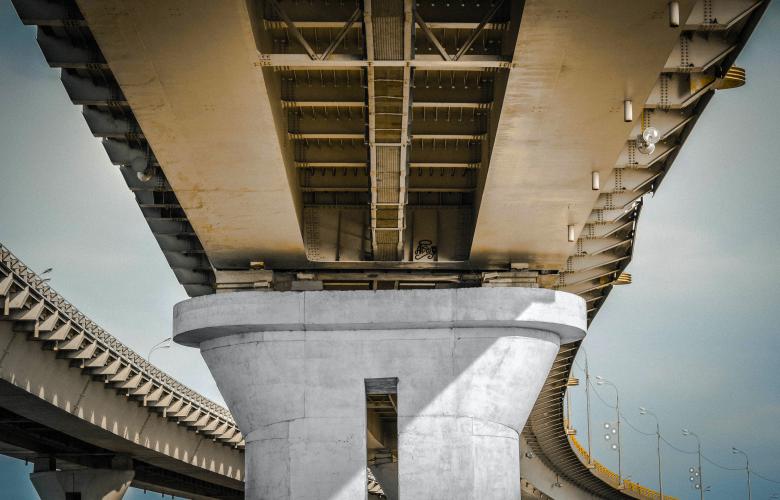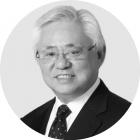The Myanmar Government has received over 50 Expressions of Interest (EOI) from local and international conglomerates for the Yangon Elevated Expressway project.
According to Myanmar's Ministry of Construction (MOC), the highway project has been designed to alleviate traffic congestion across Yangon and will connect downtown Yangon, Yangon port, Yangon International Airport, Mingalardon Industrial Park and the Yangon-Mandalay Highway.
Estimated construction time will take two to three years.
The ministry has also stated that it was seeking to invite international developers to build approximately 47.5km of expressway under a public-private partnership (PPP).
Companies that participated in the EOI process have come from across Asia including:
- 16 from Myanmar
- 13 from China
- 7 from Japan
- 3 from India
- 3 from Korea
Only one company has registered EOI from outside Asia, France's VINCI Highways, a company well known for high-tech highway construction methods, predominantly active in Germany.
Of the 13 Chinese firms, China Communications Construction Company has also been listed as an EOI applicant. The firm has also already signed an agreement with the New Yangon City Project to work on the first phase of the expressway task.
Among the 16 local companies, several are expected to participate in the project:
- Max Myanmar Construction Company Ltd, owned by Ayeyarwaddy banker U Zaw Zaw.
- Shwe Taung Development Company, owned by U Eaik Htun and Capital Development Group's U Ko Ky Gyi.
- Myanmar Thilawa Special Economic Zone (SEZ).
A member of the World Bank Group, the International Finance Corporation (IFC) has been appointed as the lead advisor for the project. The IFC has estimated that once completed, the expressway will facilitate approximately $350-$400 million in private investment for Yangon's infrastructure.
By and large, Colliers believes that there are still huge opportunities for investors with the patience and understanding to back infrastructure development in Myanmar, with healthy returns on offer.
Colliers indicate there are three main categories of opportunities for investment in transport infrastructure but are reliant on government action to reform existing practices.
- First, and dependent on the reform of the BOT (Build-Operate-Transfer) system, Myanmar's growth trajectory and rapidly expanding traffic levels will provide significant opportunities to invest in the trunk road network.
- Second, the development of regional airports, especially those located in tourism hotspots, has already received government acknowledgement as an important step in developing both the tourism and transport sectors. In addition, existing plane and cargo handling services across the country are in significant need of technical support and investment.
- Finally, urban transport infrastructure, especially in Yangon but also in Mandalay, presents opportunities whether in local/commuter rail, expressways, road and bridge projects, or alternative transport options.
The MOC also announced that Request for Qualifications (RFQ) and Request for Proposals (RFP) will be issued in August and the end of the year respectively.
Source: Colliers International, The Irrawaddy
Similar to this:
Will the New Yangon City Project attract investment from international players?
Foreign investment in Thilawa SEZ Project exceeds US$1.374 billion
YCDC announces partnership with IFC to reform Yangon's construction permit system







